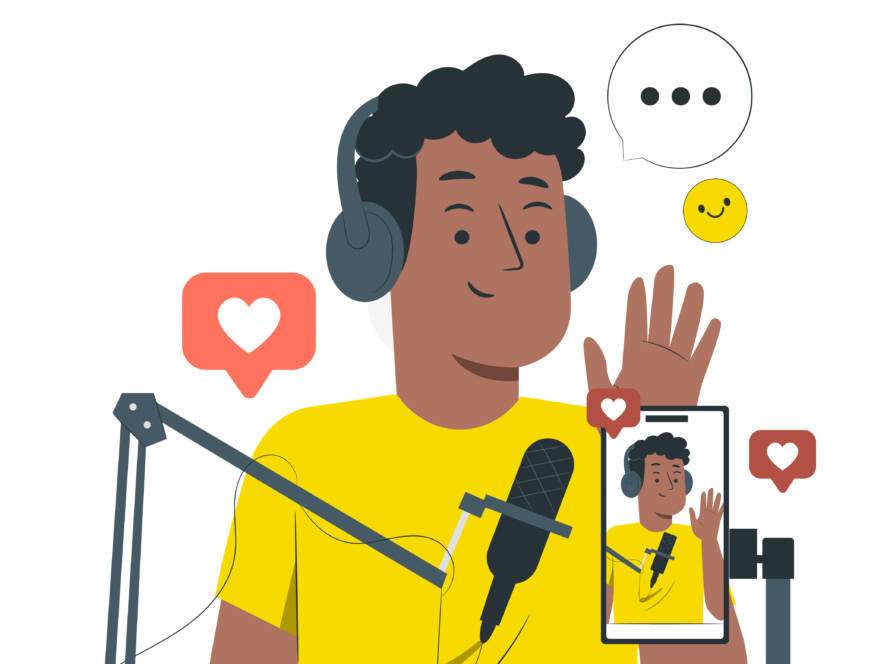Let’s be honest — today’s audience is tired of polished, pushy ads.
They can spot a “paid partnership” from a mile away.
What cuts through the noise?
Real recommendations from people they trust.
That’s where micro-influencers come in — and honestly, they’re changing the game.
We’re talking about creators with anywhere between 10K to 100K followers.
Not celebrities. Not unreachable stars. Just relatable people their audience genuinely listens to.
Here’s what we’ve learned after running tons of these campaigns:
Why Micro-Influencers Hit So Hard
1. Trust That Feels Personal
Think about it — when was the last time you bought something because a celebrity posted about it?
Now think about when a friend recommended something. Different, right?
That’s exactly why micro-influencers work.
Their followers don’t just “like” their posts; they trust their word.
2. Real Engagement, Not Just Likes
Sure, big influencers might pull in thousands of likes, but how many of those actually care?
Micro-influencers consistently drive 5–8% engagement rates, way higher than the usual 1–2% from bigger accounts.
That’s the kind of engagement that leads to real action — and real sales.
3. Smarter Budgets, Bigger Wins
Here’s a trick we swear by:
Instead of dropping ₹50,000 on a single mega-post, deploy 50 micro-influencers at ₹1,000 each.
Not only do you get a wider, more trusted reach, but you often get way better results too.
How to Actually Make It Work
Find the Right Influencers
It’s not about follower count — it’s about connection.
Look for creators who:
Get real comments like “Where’s that from?”
Feel like a friend, not a brand.
Already share content that matches your vibe.
Keep It Authentic
Audiences can smell fake enthusiasm from a mile away.
Best-performing campaigns usually:
Show real-life use of products (no staged perfection)
Have honest, clear sponsorship tags
Feel natural, not salesy
Track What Matters
Forget chasing just likes and shares.
Focus on:
Swipe-ups
Promo code uses
Comment quality
Direct sales spikes
Real Wins We’ve Seen
A home decor brand tripled their ROI after switching from a celeb to 30 micro-influencers.
A skincare brand sold out in 48 hours after a coordinated influencer push.
A food delivery app saw a 40% bump in trial signups — just from real recipe content shared by micro-creators.
Final Thought
At the end of the day, people connect with people — not brands.
And micro-influencers?
They’re the bridge between your product and someone’s real-life recommendation.
Smart brands aren’t just looking for reach anymore.
They’re looking for relationships.
If you’re ready to tap into that real magic, let’s talk.
(And no — you don’t need a ₹5 lakh celebrity post to make it happen

